Epsom salt is an all-natural, time-tested mineral compound composed of magnesium, sulfate, and oxygen. Not only does it make bathwater soft and silky, but a long, relaxing soak in a hot bath full of Epsom salt brings soothing relief from the aches and pains of a long day digging in the dirt.
But Epsom salt can be used for more than just a muscle-relaxing bath soak. There are a variety of ways that you can use Epsom salt for plants in your garden as well. Epsom salt offers a surprising number of clever gardening applications.
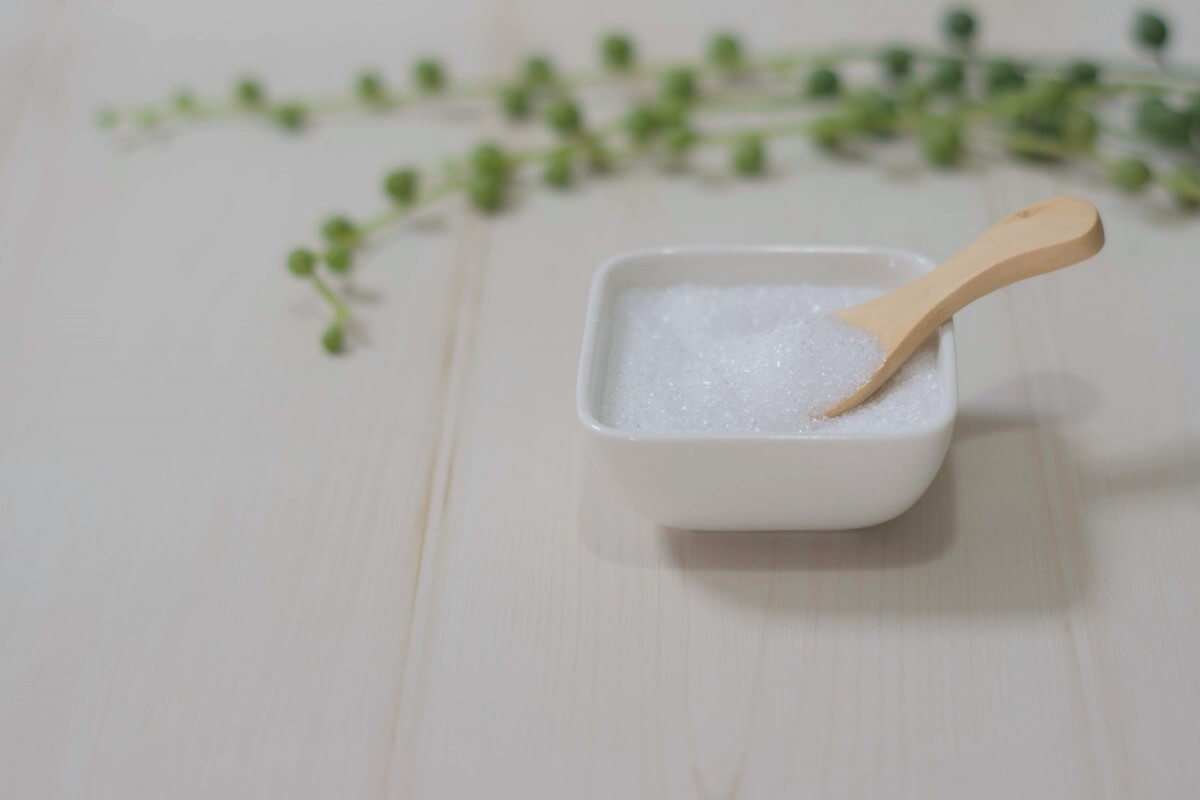
House plants, herbs, garden vegetables, lawns, shrubs, trees, vineyards, orchards, and field crops all require nutrient-rich, healthy soil in order to bloom lushly and produce the highest yield. Read on to learn more about how (and why) to use Epsom salt for plants in your garden.
Amend Your Soil With Epsom Salt For Plants
Epsom salt as a soil amendment helps create an ideal organic growing environment for healthy, productive plants. Healthy soil requires the correct balance of magnesium, sulfur, potassium, and nitrogen.
Epsom salt is an inexpensive, organic, easy-to-use, natural plant growth stimulant that perks up tired plants and promotes new growth.
Epsom Salt For Plants Increases Magnesium Levels
If tests indicate your soil is lacking in magnesium, Epsom salt can help rectify the problem. An application of Epsom salt is most effective for acidic soils in which magnesium is not readily accessed by plants. When irrigating your garden or field, apply Epsom salt at a ratio of 1 pound per 150 square feet.
Magnesium plays a crucial role in photosynthesis by encouraging the production of the chlorophyll that plants use to convert sunlight into food. An adequate amount of magnesium in the soil also allows plants to absorb nitrogen and phosphorus — both important fertilizer components found in soil.
Epsom salt, when applied to relieve magnesium deficiency, increases the flavor, quality, and quantity of apple, alfalfa, beet, cauliflower, carrot, kale, nut, grain, sweet potato, and turnip crops.
Epsom Salt For Plants Increases Sulfate Levels
Sulfate is a common mineral form of sulfur that’s abundant in nature. Sulfate, working in conjunction with magnesium, bolsters plant health, aides in the production of chlorophyll, and makes key ingredients such as potassium, phosphorus, and nitrogen more available and effective for plants.
Related Post: 23 Genius Epsom Salt Uses For Your Home, Garden, And Wellness
Sulfur also promotes the production of enzymes and amino acids that aid in enhancing the flavor of the final product. Although essential to the growth and development of plants, sulfate is almost never lacking in the soil thanks in part to the extensive use of synthetic fertilizers.
Use Epsom Salt To Create A Lush Green Lawn
For a lush, green lawn, apply 1 pound of Epsom salt for every 300 square feet. Dilute Epsom salt in water and apply with a spray, or broadcast dry salt with a spreader.
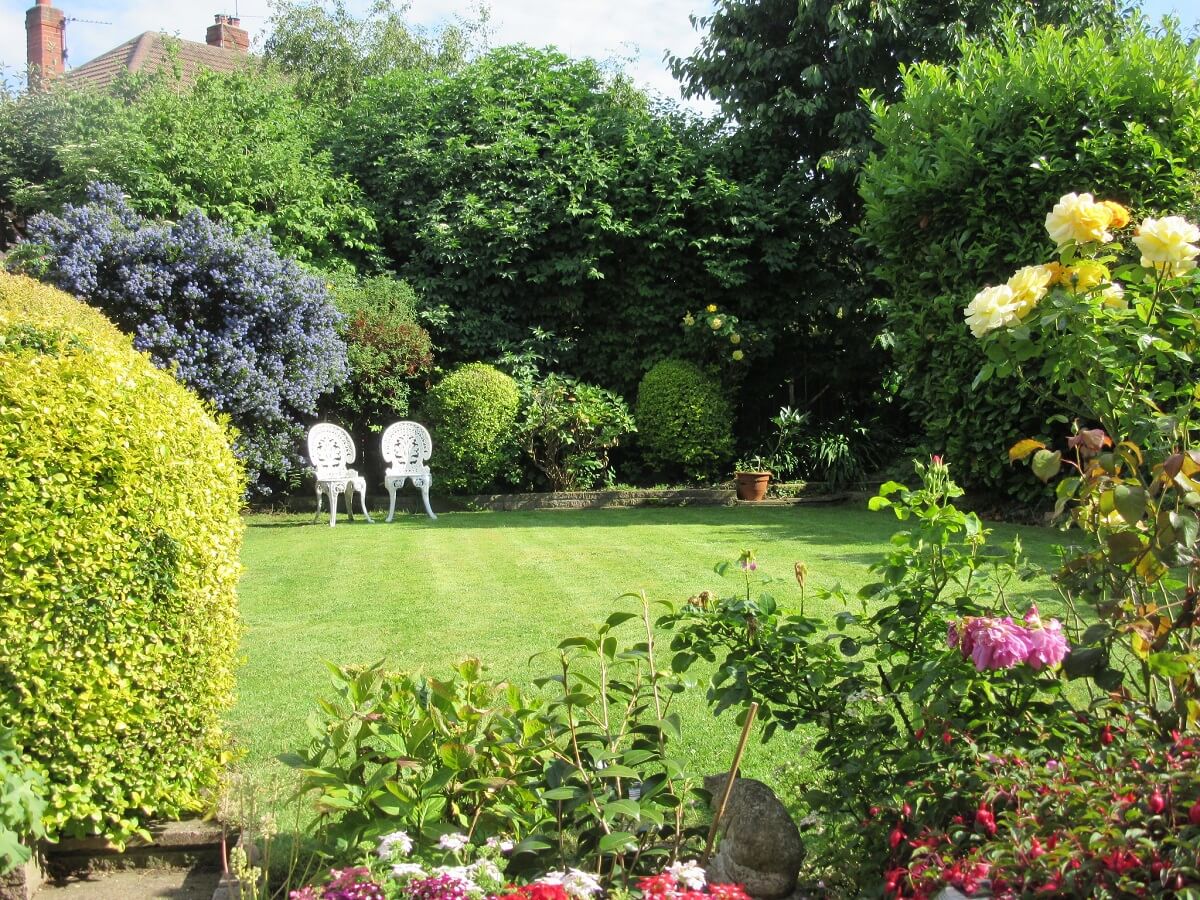
To help keep your lawn looking its best, apply it twice yearly. Once in early spring and again in the fall before frost.
Grow A Productive Container Garden
If you use pots, tubs, containers, or straw bales to grow vegetables or herbs, weekly watering with Epsom salt (diluted to 2 tablespoons per gallon of water) increases plant production.
Add Epsom Salt To Potted Plants
Perk up potted plants with 2 tablespoons of Epsom salt per gallon of water. Apply twice a month in lieu of regular watering. Epsom salt is especially helpful to larger plants that have lived in the same pot or container for many years.
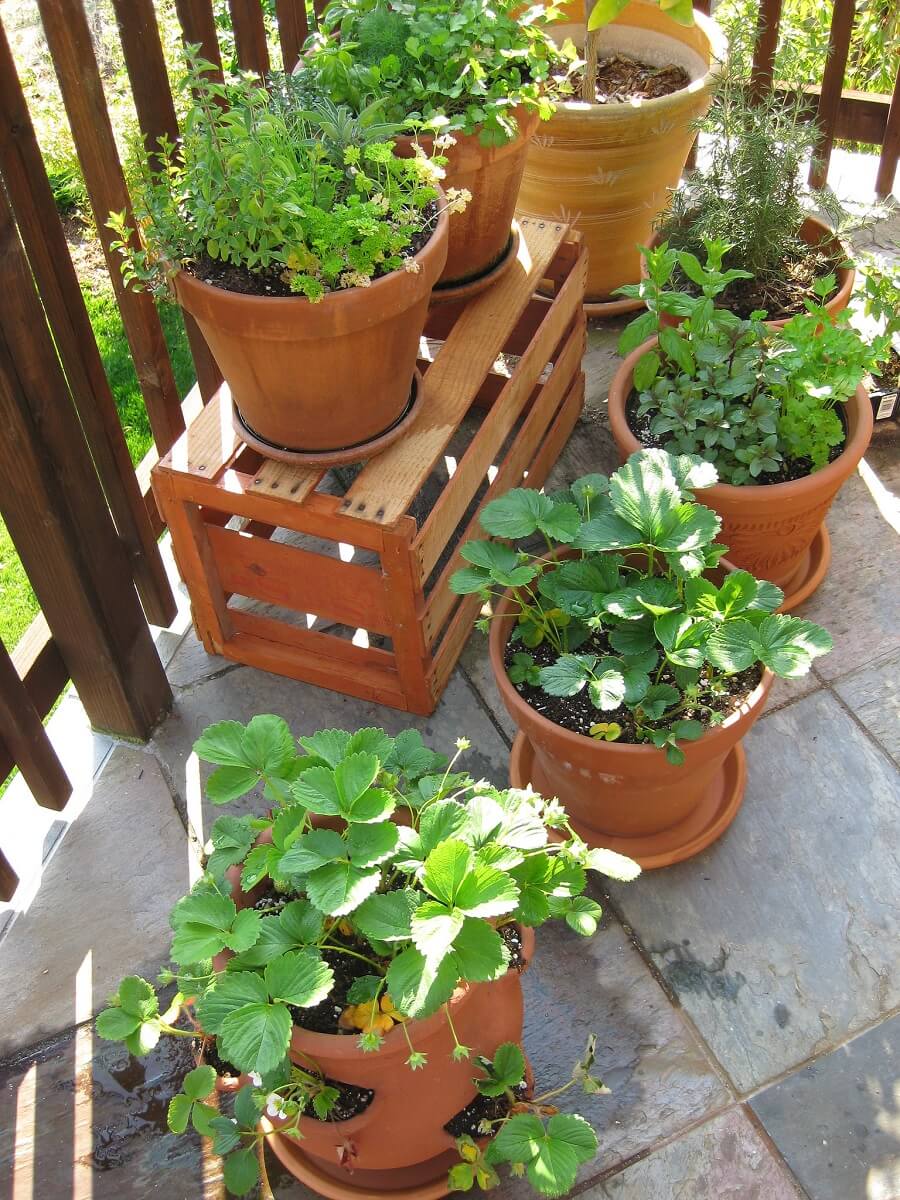
Watering established plants with Epsom salt water flushes the deposits of accumulated natural salts from the soil and improves overall plant health and vitality.
Break Down Fertilizer In The Soil
If your garden ground has been saturated with fertilizers (either organic or chemical), there’s a chance it’s resulted in a buildup of salts in the soil. An application of Epsom salt for plants helps release fertilizer bound to the soil, thus making nutrients more readily available to plants.
Enhance Flavor And Production Of Pepper Plants
To enhance flavor and boost crop production in peppers, spray pepper plants at bloom time with a mix of 2 tablespoons of Epsom salt to a gallon of water. Repeat this foliar spray every two weeks as peppers mature.
Grow Healthy Roses
Although all shrubs (deciduous and evergreen, flowering and non-flowering) benefit from biannual applications of Epsom salt, roses especially thrive on this supplemented watering regimen.
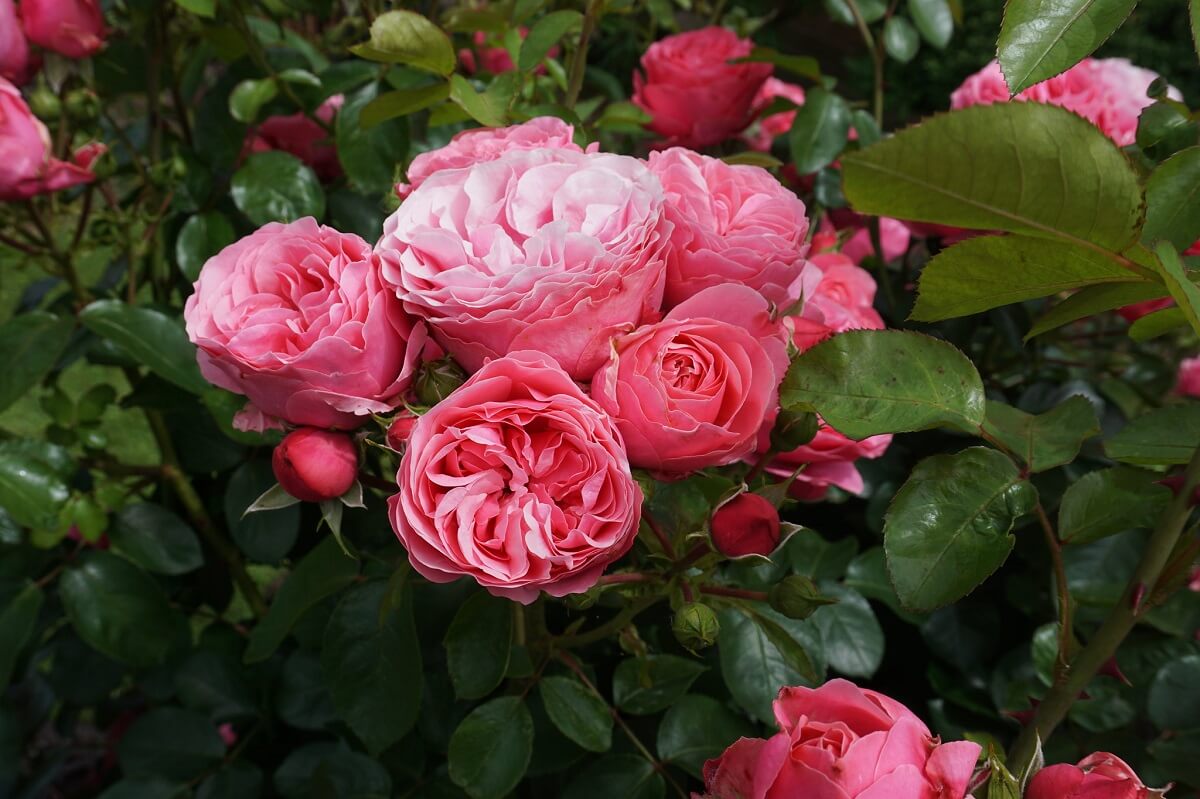
Prior to planting newly acquired roses bushes, soak the roots overnight in a 5-gallon bucket of water to which you have added a cup of Epsom salt. When planting roses, sprinkle a cup of Epsom salt on the planting area and work well into the soil.
Healthy Trees
Magnolias, rhododendrons, azaleas, and evergreens flourish when soil is rich in magnesium. For optimum dense foliage and flowers, sprinkle a cup of Epsom salt around the base of a shrub before watering. Apply Epsom salt at least every other week during the growing season.
If you are nurturing a fruit or nut orchard, a generous biyearly application of Epsom salt makes fruits taste sweeter and nuts more flavorful. In early to midspring and again in late autumn, apply 1 pound of Epsom salt sprinkled around the base of every orchard tree prior to watering or irrigation.
Make Sure To Test Your Soil Beforehand
Before you get to the point of adding Epsom salt to your garden, you’ll want to make sure to determine magnesium is what’s lacking in the soil. Evaluating and improving your homestead soil increases both plant health and crop production.
You cannot “fix” your soil with Epsom salt or other additives if you don’t know what is wrong. In order to understand the type and health of the soil, take samples to your local county extension service for a complete soil content evaluation.
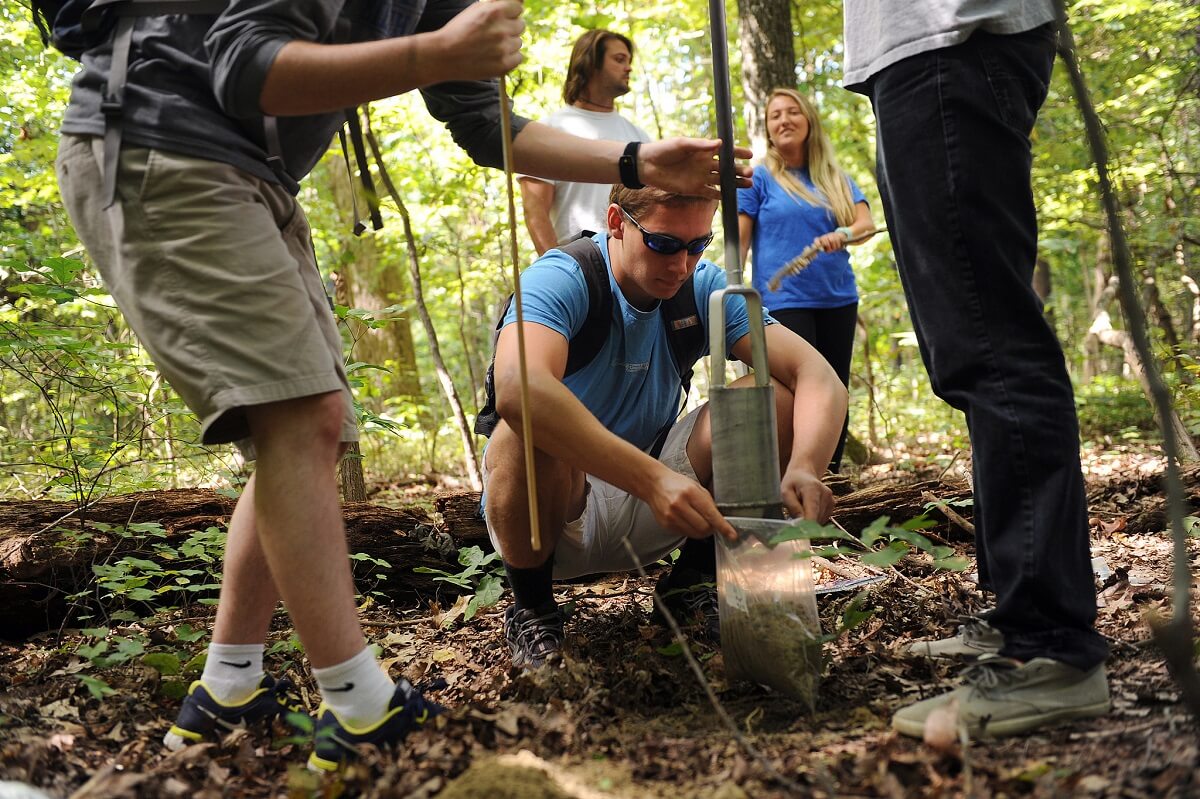
County extension offices and state universities offer comprehensive, affordable soil testing services to provide soil composition results, pH levels, and fertilizer/amendment recommendations.
Related Post: Soil Testing
Soil content varies in different regions of the United States. In many cases, improving aeration, drainage, and water-holding characteristics is more important than fertilizing.
When soil structure is poor, plants fail to flourish. Much of the soils across the country are basic or alkaline. However, mountain soils and areas along the eastern coast tend to be acidic. A pH soil test will determine how alkaline or acidic the soil is in your garden.
How To Take A Soil Sample
In order to extract a soil sample for analysis, you will need a garden trowel and clean plastic (not metal) containers. Gallon storage bags work well for this purpose.
Take samples when the soil is fairly dry as overly wet soil can produce false readings. Although garden soil can be tested any time of the year, early spring or fall testing is preferred because it allows gardeners time to make soil adjustments before planting.
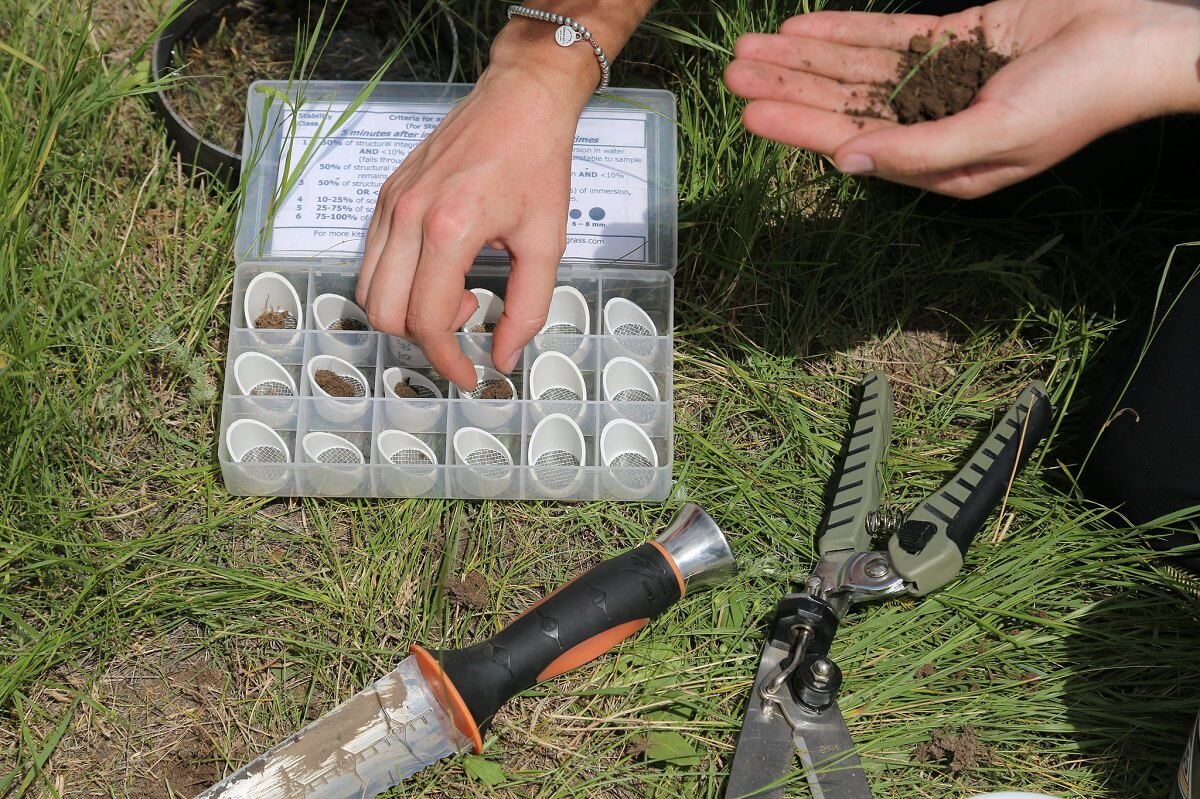
Here’s how to collect your soil sample.
- Make sure the trowel is clean and wiped down with rubbing alcohol to remove contaminants.
- Dig a hole 3 to 6 inches deep, removing a generous scoop of soil from the sidewall of the hole.
- Place the soil sample in a plastic bag and label it to indicate the location in the landscape and the type of plant or plants presently or previously cultivated in that location.
- When testing larger areas for field crops, collect soil samples from different areas that will be growing similar plants. Samples can be co-mingled in a clean plastic bucket.
- Spread the mixed soil samples on sheets of newspaper to dry. When the soil is dry, gather about a 1/2 gallon of the mixture to submit for testing.
References
- All-Natural Home Remedy, Epsom Salt Council
- Vinegar and Epsom Salt Herbicides, University of Minnesota Extension
- The Epsom Salt Myth, North Dakota State University Extension






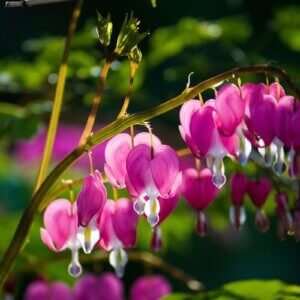
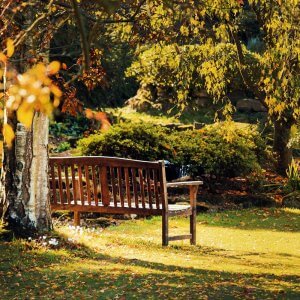

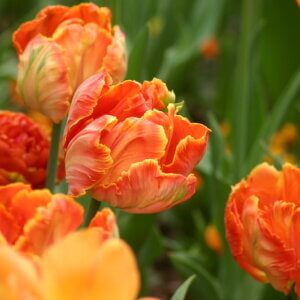

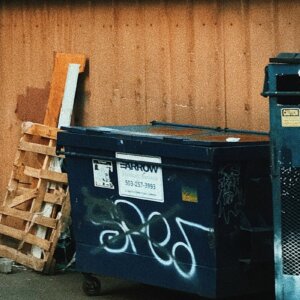
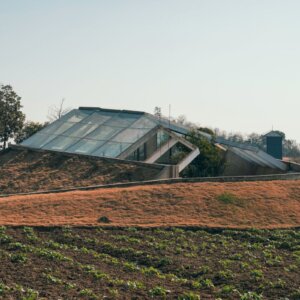
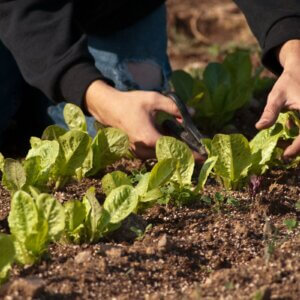

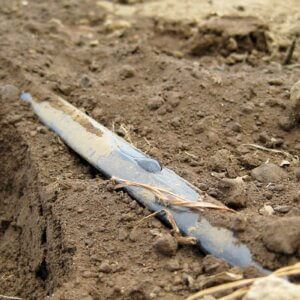
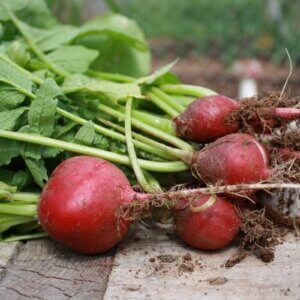



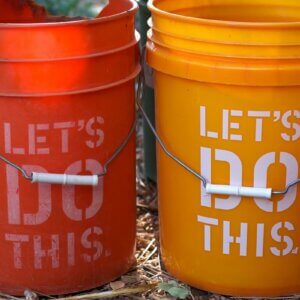



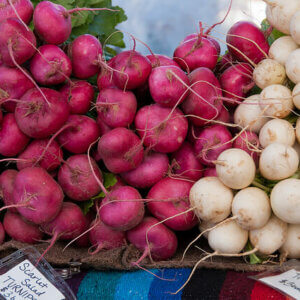


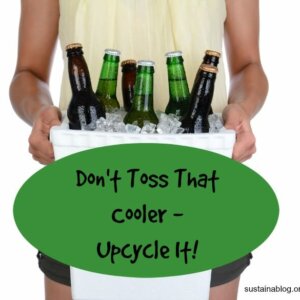
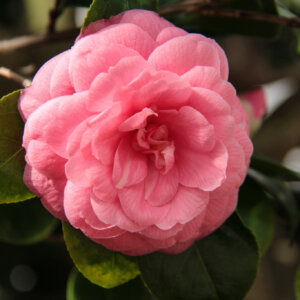
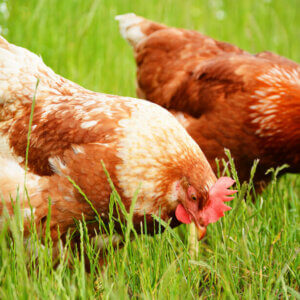

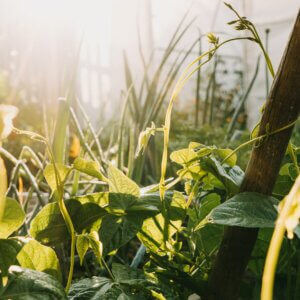
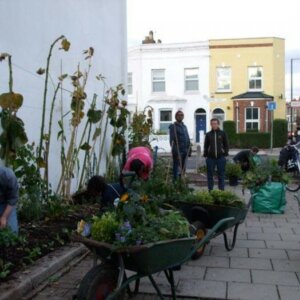
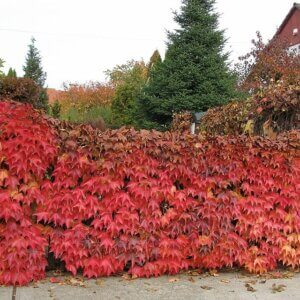
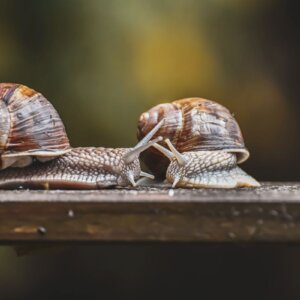

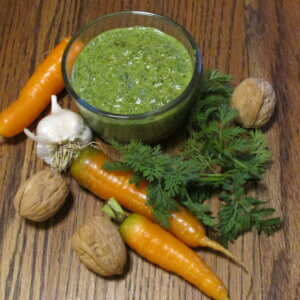
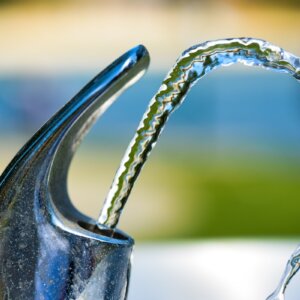

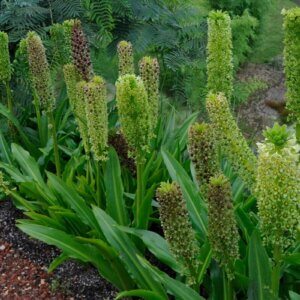
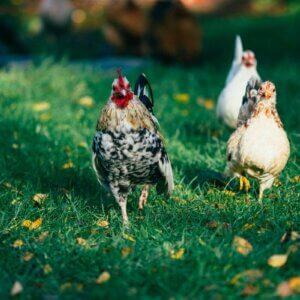
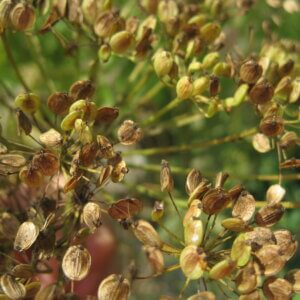
This has been one of the best information on rosin salt and plants I’ve read thank you
Is rosin salt, same as Epsom salt?
I’m not familiar with Rosin salt, but it looks like it is basically sea salt? Epsom salt is not actually salt so they are not going to work the same. If rosin salt is actually sea salt, it would probably kill or harm most plants.
I have a Hibiscus Syriacus Blue Chiffon plant which is not doing very well. Is Epsom Salt beneficial for this plant?